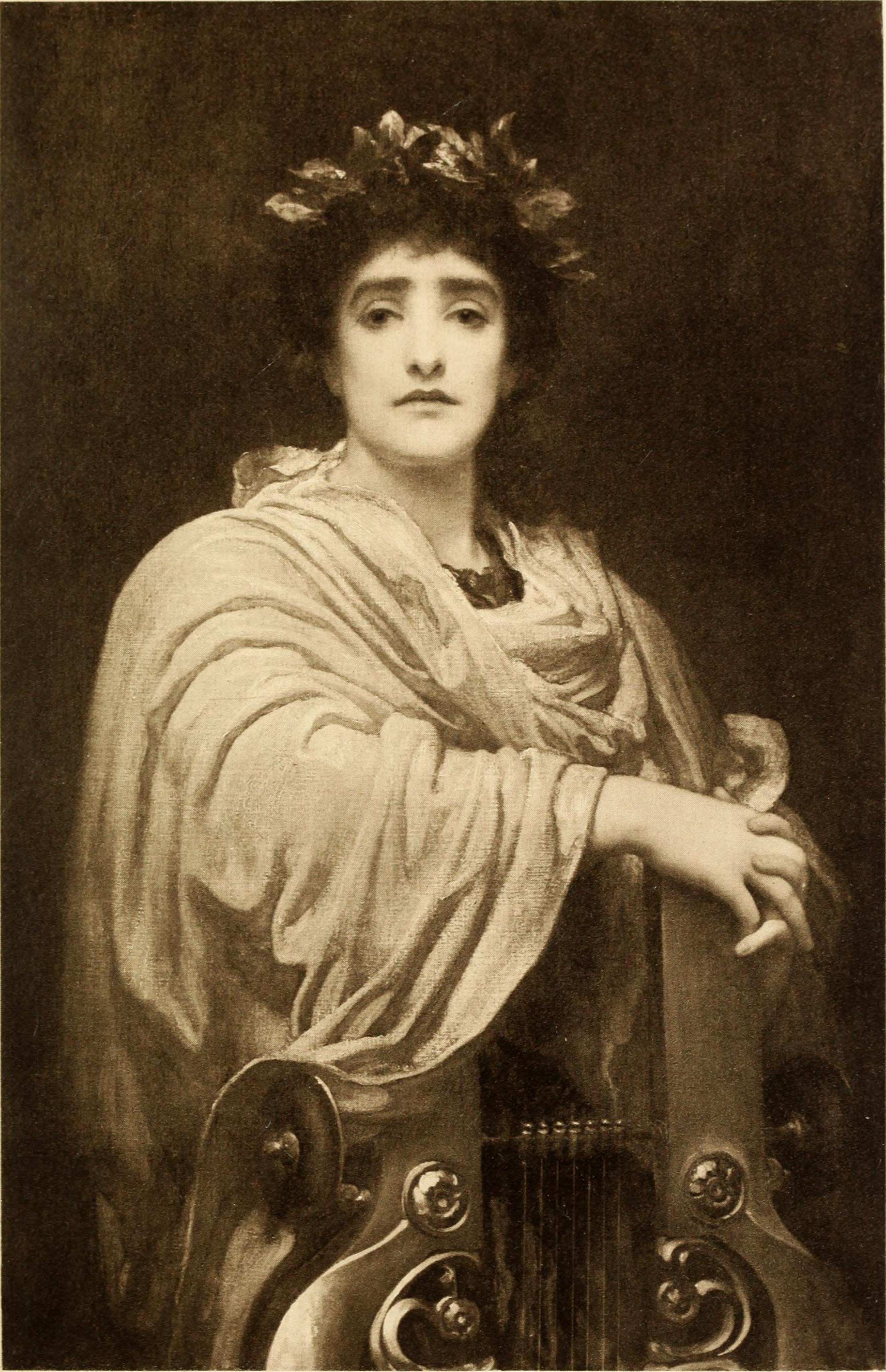Contest Of Cithaeron And Helicon on:
[Wikipedia]
[Google]
[Amazon]
 The "Contest of Cithaeron and Helicon" (PMG 654) is a fragment of a poem by
The "Contest of Cithaeron and Helicon" (PMG 654) is a fragment of a poem by
 The "Contest of Cithaeron and Helicon" (PMG 654) is a fragment of a poem by
The "Contest of Cithaeron and Helicon" (PMG 654) is a fragment of a poem by Corinna
Corinna or Korinna ( grc, Κόριννα, Korinna) was an ancient Greek lyric poet from Tanagra in Boeotia. Although ancient sources portray her as a contemporary of Pindar (born ), not all modern scholars accept the accuracy of this tradition ...
. Preserved on a second-century AD papyrus discovered at Hermopolis
Hermopolis ( grc, Ἑρμούπολις ''Hermoúpolis'' "the City of Hermes", also ''Hermopolis Magna'', ''Hermoû pólis megálẽ'', egy, ḫmnw , Egyptological pronunciation: "Khemenu"; cop, Ϣⲙⲟⲩⲛ ''Shmun''; ar, الأشموني ...
in Egypt, the poem tells the story of a singing competition between two mountains, Cithaeron
Cithaeron or Kithairon (Κιθαιρών, -ῶνος) is a mountain and mountain range about sixteen kilometres (ten miles) long in Central Greece. The range is the physical boundary between Boeotia in the north and Attica in the south. It is mai ...
and Helicon, which was apparently won by Mount Cithaeron.
Preservation
The poem is preserved on a second-century AD piece of papyrus, P.Berol. 13284. The papyrus was discovered byOtto Rubensohn
Otto Rubensohn (24 November 1867, Kassel – 9 August 1964, Höchenschwand) was a German-Jewish classical archaeologist.
He received his education at the Universities of Berlin and Strasbourg, Under the supervision of Adolf Michaelis, he earned h ...
at Hermopolis
Hermopolis ( grc, Ἑρμούπολις ''Hermoúpolis'' "the City of Hermes", also ''Hermopolis Magna'', ''Hermoû pólis megálẽ'', egy, ḫmnw , Egyptological pronunciation: "Khemenu"; cop, Ϣⲙⲟⲩⲛ ''Shmun''; ar, الأشموني ...
in 1906. The papyrus also preserves part of Corinna's poem on the daughters of Asopus
Asopus (; grc, Ἀ̄σωπός ''Āsōpos'') is the name of four different rivers in Greece and one in Turkey. In Greek mythology, it was also the name of the gods of those rivers. Zeus carried off Aegina, Asopus' daughter, and Sisyphus, who h ...
.
Poem
The contest poem is about a singing contest betweenCithaeron
Cithaeron or Kithairon (Κιθαιρών, -ῶνος) is a mountain and mountain range about sixteen kilometres (ten miles) long in Central Greece. The range is the physical boundary between Boeotia in the north and Attica in the south. It is mai ...
and Helicon; conflict between these two mountains is known from other sources, but Corinna's poem is the only known mention of a singing contest between the two. In Corinna's poem, Cithaeron apparently wins the contest; in other versions of the story, Helicon is the victor.
The surviving part of the poem begins with one of the singers – generally thought to be Cithaeron – concluding his song, which tells the myth of how the titan Rhea hid her youngest child, Zeus, from Cronus. The poem continues with the gods voting on the winner of the contest, and awarding the victory to Cithaeron.Corinna, 654 PMG ll.18–27 The vote is conducted in a form of secret ballot, using pebbles placed in jars. It is unknown if actual musical contests were judged in this way, or if Corinna's use of this voting system is intended to recall judicial procedure. After the result is announced, Helicon throws a down boulder in his anger, which breaks into ten thousand pieces. John Heath reads this episode as an example of a characteristic sense of humour in Corinna's poetry.
Corinna's use of the story of Rhea and the birth of Zeus in the poem is apparently influenced by Hesiod
Hesiod (; grc-gre, Ἡσίοδος ''Hēsíodos'') was an ancient Greek poet generally thought to have been active between 750 and 650 BC, around the same time as Homer. He is generally regarded by western authors as 'the first written poet ...
's account of the same myth in ''Theogony
The ''Theogony'' (, , , i.e. "the genealogy or birth of the gods") is a poem by Hesiod (8th–7th century BC) describing the origins and genealogies of the Greek gods, composed . It is written in the Epic dialect of Ancient Greek and contain ...
''. There are several verbal echoes of Hesiod in Corinna's version of the story, though she also adds her own innovations – such as the inclusion of the Curetes, which are not mentioned in the Theogony. Corinna's version of the poem emphasises the role of Rhea, and Diane Rayor argues that this is an example of Corinna writing for a specifically female audience.
Performance
Corinna's poems were probably mostly written for choral performance in connection with local festivals. The contest poem may have been written for performance at theDaedala
In Ancient Greece, the Daedala (Greek: ''δαίδαλα'') was a festival of reconciliation that was held every few years in honor of Hera, consort of the supreme god Zeus at Plataea, in Boeotia, being one of the major cults of the city.
Accordin ...
, a festival in honour of Hera at Plataea, which was held in part at the summit of Mount Cithaeron.
References
Works cited
* * * * * * * * * {{cite journal, last=Vergados, first=Athanassios, title=Corinna's Poetic Mountains: ''PMG 654'' col. i 1–34 and Hesiodic Reception, year=2012, journal=Classical Philology, volume=107, issue=2, pages=101–118, doi=10.1086/664026, s2cid=162346852 Ancient Greek poems Boeotian mythology